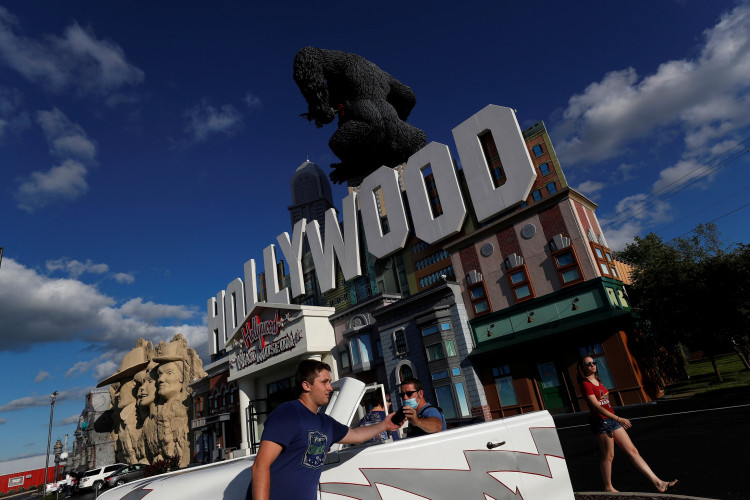In a significant move that brings closure to one of the entertainment industry's most prolonged labor disputes, the Writers Guild of America (WGA) has ratified a new contract with Hollywood and television studios. The announcement came after an overwhelming majority of the WGA membership voted in favor of the new three-year Minimum Basic Agreement.
The WGA, which comprises the Writers Guild of America West (WGAW) and Writers Guild of America East (WGAE), revealed that out of the 8,525 valid votes cast, a staggering 99% were in favor of ratifying the contract. This new agreement will be effective from September 25, 2023, to May 31, 2026.
The ratification marks the end of a strike that spanned nearly five months, making it the second-longest strike in the union's history, only surpassed by the 1988 writers' strike. The strike began on May 2, 2023, when the WGA's previous contract with studios and streamers expired. Picket lines were established across major cities, including New York City and Los Angeles. However, official talks between the two parties were stalled for over 100 days.
The breakthrough came in late September when top executives from major studios, including Warner Bros Discovery's David Zaslav, Netflix's Ted Sarandos, NBCUniversal's Donna Langley, and Disney's Bob Iger, engaged in direct discussions with the WGA's chief negotiator, Ellen Stutzman, and other key members of the WGA Negotiating Committee.
The newly ratified contract brings several benefits to writers. Most notably, writers' minimum pay will see an immediate 5% increase, followed by a 4% hike in May 2024 and a further 3.5% in May 2025. Additionally, health fund contributions from studios will rise by half a percentage point, reaching 12% of the companies' reportable earnings. The agreement also ensures that writers working on the same script will no longer have to split their pension and health contributions.
Addressing concerns related to the rise of streaming platforms, the contract guarantees increased initial compensation and residual pay for high-budget streaming projects. Furthermore, the deal mandates that artificial intelligence cannot be used to write or rewrite literary material, and any AI-generated content must be disclosed to writers. Streaming giants like Netflix, Disney+, and Max have also committed to providing more transparency regarding streaming hours for specific programs.
WGAW President Meredith Stiehm expressed her gratitude to the union's members, stating, "Through solidarity and determination, we have ratified a contract with meaningful gains and protections for writers in every sector of our combined membership." She further acknowledged the efforts of the WGA's chief negotiator, Ellen Stutzman, and the entire negotiating committee.
WGAE President Lisa Takeuchi Cullen emphasized the need for the Alliance of Motion Picture and Television Producers (AMPTP) to negotiate a fair contract with SAG-AFTRA, the actors' union, which has been on strike since mid-July. She asserted that WGA members would continue to support SAG-AFTRA until a fair deal is reached.
In response to the ratification, the AMPTP expressed its congratulations to the WGA and acknowledged the "meaningful gains and protections" the new contract offers to writers. The organization emphasized the importance of writers returning to work for the progress of the industry.
The ratification of the WGA's contract and the ongoing negotiations with SAG-AFTRA mark significant milestones in the entertainment industry's labor landscape. As writers return to their roles, there's hope that the industry will soon regain its momentum and continue to produce the content audiences worldwide cherish.




